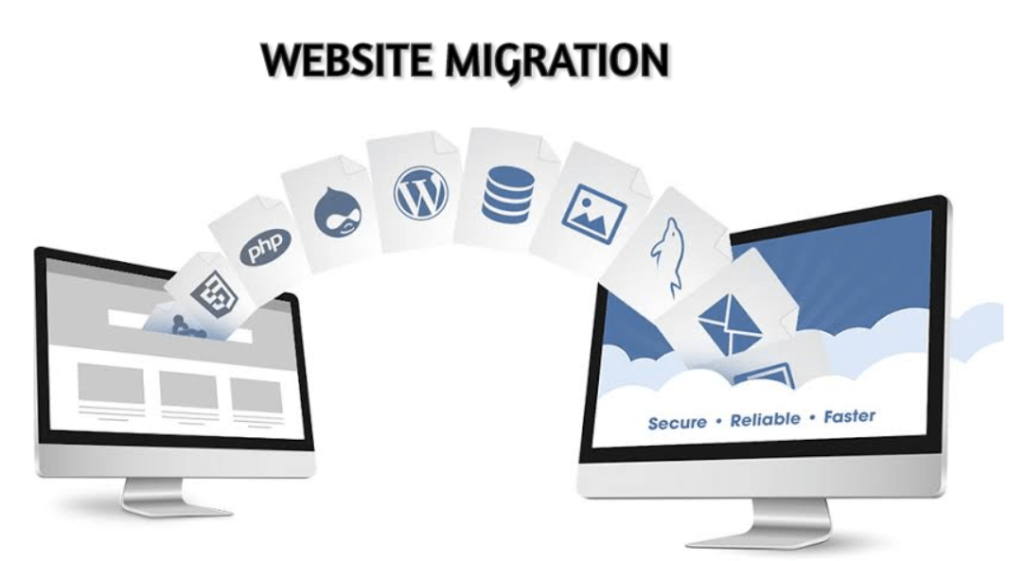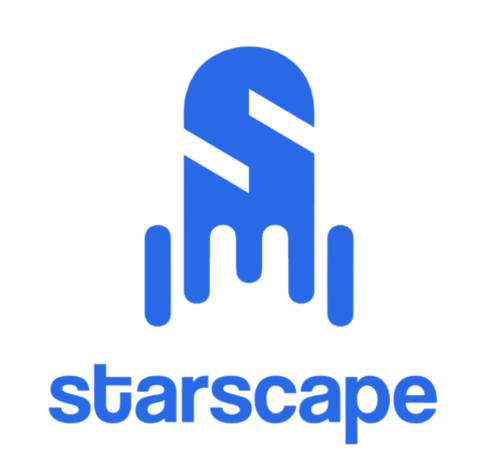
In today’s digital world, your website is the linchpin of your online identity.
It serves as the platform to cultivate your brand, foster customer connections, and fuel conversions.
However, as your business flourishes and matures, your website may necessitate transformation as well, such as switching from one web host to another.
What is Website Migration?

The process of switching hosting platforms is commonly referred to as website migration.
Website migration involves transferring all the data, files, and configurations from one hosting provider to another. This process can include moving the domain, databases, emails, and any other associated services.
Website migration can be complex, depending on the size and functionality of the site.
It often requires careful planning to avoid downtime, data loss, or SEO issues, such as broken links or a drop in search engine rankings.
Properly executed, website migration can lead to better performance, improved security, and a more scalable infrastructure that supports business growth.

Call or Text Starscape SEO: (519) 208-8680

Why Migrate Your Website?

Migrating between hosting platforms can be a crucial decision for a business, driven by several key factors:
Scalability: As a business grows, its website might need more resources, such as increased bandwidth or storage. A new hosting platform can offer the room to grow without performance bottlenecks.
Faster Load Times: Speed is critical for user experience and SEO. Upgrading to a platform with better server infrastructure or optimized content delivery networks (CDNs) can significantly improve load times.
Cost Efficiency: Sometimes, a different hosting provider can offer better pricing for the same or superior services, helping businesses reduce operational costs.
Enhanced Security: Cybersecurity is a growing concern. A switch might be necessary if a new platform offers stronger security measures, such as advanced firewalls, DDoS protection, and regular security updates.
Reliability and Uptime: Businesses depend on their websites being online. Moving to a platform with higher uptime guarantees and more reliable support can minimize costly downtime.
Better Support: Superior customer service, including quicker response times and more knowledgeable support staff, can be a compelling reason to switch.
Advanced Features: Newer platforms often provide modern tools and features, such as automated backups, staging environments, and integration with popular apps, which can enhance site management and functionality.
Compliance: As regulations like GDPR become more stringent, a hosting provider with a strong focus on compliance can help ensure that a business meets legal requirements.
Geographical Reach: Businesses expanding globally might need a hosting platform with data centers closer to their target markets, reducing latency and improving site performance for international users.
Customization Options: Some platforms offer greater flexibility in server configurations, allowing businesses to tailor their hosting environment to specific needs.
Migrating between hosting platforms is about more than just cost; it’s about finding the best fit to support a business’s growth, security, and operational efficiency.

At Starscape SEO, we understand the intricacies of website migration and its impact on your SEO performance.
We are committed to providing a seamless and stress-free experience, ensuring your website continues to thrive throughout the transition.
Contact Starscape SEO today for a free consultation!
Call or Text Starscape SEO: (519) 208-8680


